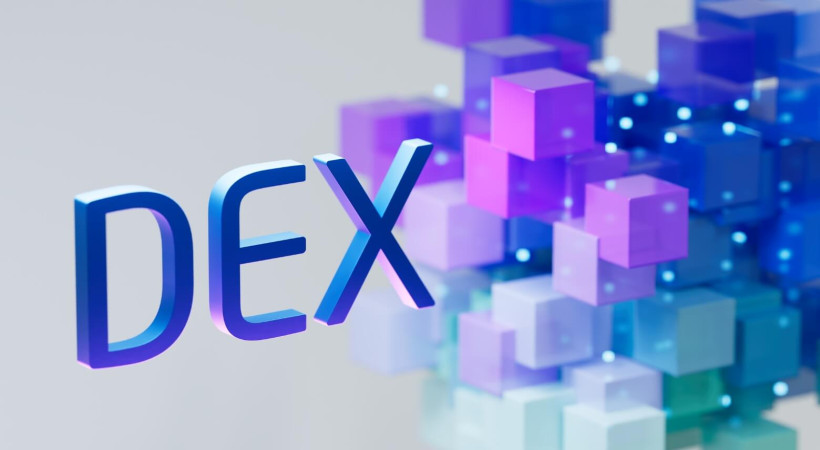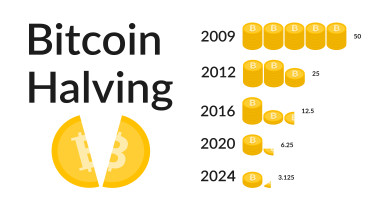
Navigating the Fast-Paced World of Decentralized Exchange Arbitrage
Navigating the Fast-Paced World of Decentralized Exchange Arbitrage
The meteoric rise of decentralized finance (DeFi) has opened up new frontiers for cryptocurrency traders. Decentralized exchanges (DEXs) now facilitate peer-to-peer transactions without centralized intermediaries. For seasoned traders, DEXs present an intriguing opportunity: arbitrage.
Arbitrage involves profiting from price discrepancies for assets across different markets. While not a new concept, applying arbitrage strategies specifically to decentralized exchanges requires adapting to unique conditions. This article offers guidance on successfully executing arbitrage trades across DEX platforms.
How DEX Arbitrage Differs from Traditional Arbitrage
Arbitrage at its core involves buying assets at a lower price in one place and selling them at a higher price elsewhere. But conducting arbitrage using decentralized exchanges has key differences from traditional arbitrage between centralized exchanges:
- Trades execute directly between user wallets rather than exchange accounts.
- Blockchain network transaction fees and speeds introduce new considerations.
- Strategies must account for DEX exchange mechanics like automated market makers.
- Inefficiencies across fragmented DEX liquidity pools create exploitable opportunities.
Identifying Fleeting Arbitrage Windows Across DEXs
The starting point for DEX arbitrage is identifying price divergences for assets across different exchanges. Traders utilize tools like:
- DEX aggregators that compile real-time data from multiple exchanges.
- On-chain analytics of DEX order books and transactions.
- Bots that rapidly scan markets to surface signals.
- Tracking pricing gaps between DEXs and centralized exchanges.
These help catch short-lived mismatches from fragmented liquidity and market inefficiencies. Quantitative analysis provides insights on historical profit margins and risks.
Executing Lightning-Fast Arbitrage Trades
Conducting a profitable arbitrage trade requires swift execution, typically involving:
- Buying the asset on the DEX where the price is lower.
- Transferring the purchased asset to your wallet.
- Selling the asset on the DEX where the price is higher.
- Withdrawing profits from the second DEX.
Tools like flash loans and back-running help capitalize on narrow windows before prices shift. Speed and precision are vital in fast-moving crypto markets.
Managing Risks and Challenges of DEX Arbitrage
Despite the profits, risks abound including sudden price swings, slippage from low liquidity, and high Ethereum gas costs. Technical risks like contract bugs and hacking are also hazards. Mitigating these requires careful position sizing, diversification, standing limit orders, and keeping contracts up-to-date.
Remaining Compliant with Regulations and Taxes
While appealing, DEX arbitrage can produce taxable capital gains. Traders must report profits accurately and consult experts to ensure compliance with evolving regulations. Abiding by the law is critical.
Adapting Strategies as DeFi Evolves
As decentralized finance grows, so will opportunities for arbitrage across DEX platforms. But this fast-paced environment rewards traders who evolve strategies swiftly while managing risks. By staying agile, analytical, and prudent, the possibilities remain compelling.
In closing, DEX arbitrage is an exciting but complex domain warranting meticulous analysis and execution. With the right approach, veteran crypto traders can profit from arbitrage in DeFi's ever-changing landscape




